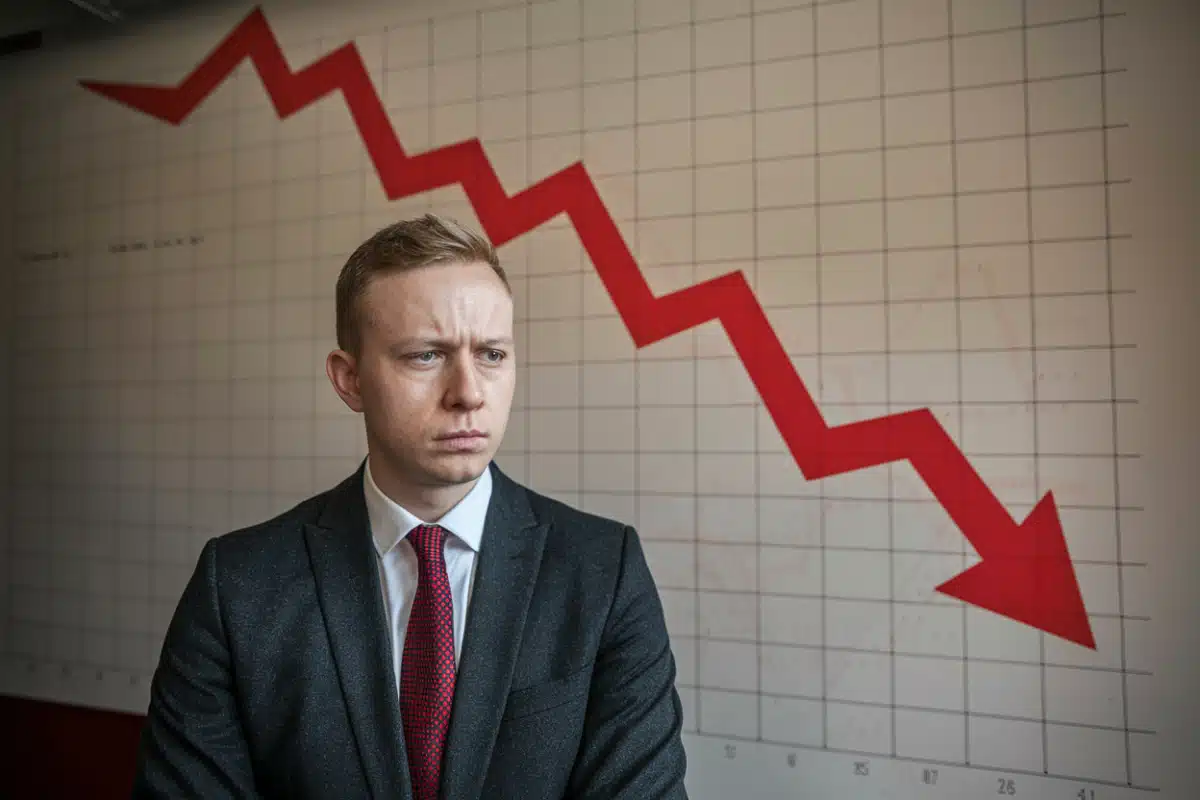Recent policy changes, including a hike in employers’ National Insurance Contributions (NIC), have intensified the challenges faced by private sector firms. As economic growth expectations reach their lowest levels since 2022, confidence in the recovery appears increasingly fragile.
UK : Businesses Expect Reduced Output Amid Rising Costs
The CBI‘s growth survey, involving responses from 899 companies, reveals a bleak outlook for early 2025. Firms anticipate cutting back on hiring and scaling down output as the cost pressures mount. The increase in employers’ NICs, introduced by Chancellor Rachel Reeves and expected to generate £25 billion annually, has been a focal point of criticism. Businesses cite this measure as a significant factor in their waning confidence.
Alpesh Paleja, interim deputy chief economist at the CBI, remarked, “There is little festive cheer in our latest surveys, which suggest that the economy is headed for the worst of all worlds – firms expect to reduce both output and hiring, and price growth expectations are getting firmer.” The survey reflects growing dissatisfaction within the private sector, particularly among small and medium enterprises, which are already grappling with subdued demand and constrained resources.
The survey also aligns with data from the Office for National Statistics (ONS), which reported a 0.1% economic contraction in October. This marks the second consecutive month of decline, further highlighting the UK’s economic vulnerability.
Calls for Reform to Restore Confidence and Investment
Amid growing unease, businesses are urging the government to adopt measures to stimulate investment and restore confidence. Key recommendations include reforming the apprenticeship levy, revising business rates, and providing incentives for occupational health to support workforce stability. Such steps, industry leaders argue, could help address structural challenges and encourage long-term growth.
Critics have been vocal about the government’s current fiscal policies, with Labour’s shadow business secretary Andrew Griffith describing the economic environment as a “hostile climate for aspiration, investment, and growth.” He warned that current trends could push the UK closer to a recession, placing the blame on “tax-raising measures” and economic mismanagement.
“If there is a recession – and based on these CBI expectations that seems increasingly likely – it will be one made in Downing Street. Labour needs to urgently change course before the damage they are doing becomes even greater.” he added.
Despite the challenging circumstances, policymakers have defended their approach, emphasising the need to stabilise public finances and prioritise essential services like the NHS. Lucy Powell, Labour MP and leader of the House of Commons, stated that addressing the economic “black hole” inherited from previous administrations remains a key focus.









